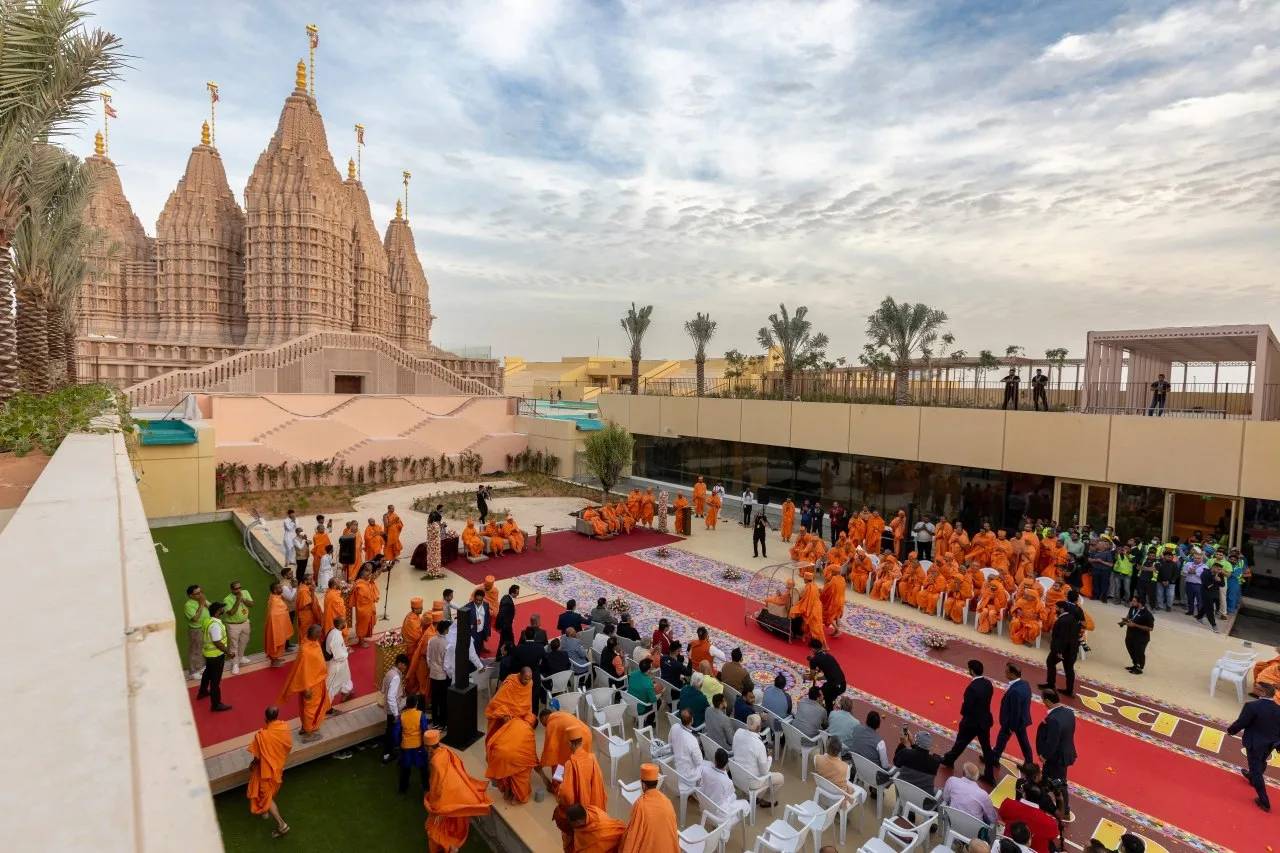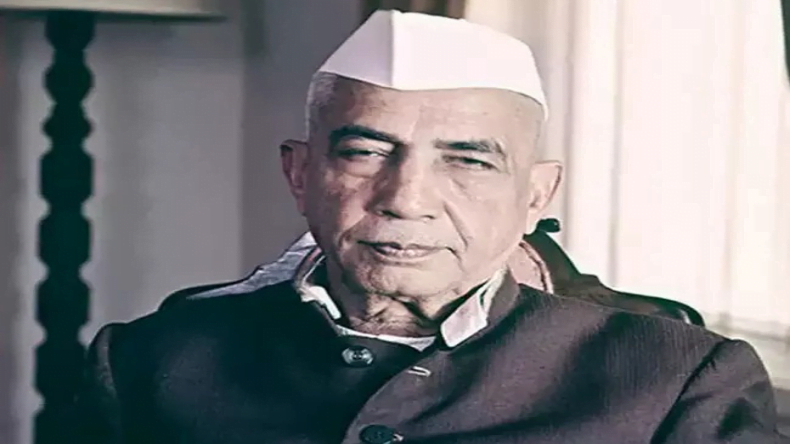The legal saga surrounding the Gyanvapi mosque in Varanasi continues as the Supreme Court addressed the Hindu women plaintiffs’ request for an archaeological survey of a specific area within the mosque. The area in question is believed by the Hindu side to contain a Shivling, while the Muslim representation argues it is part of a fountain in an ablution tank.
The Varanasi district court had previously ordered an extensive survey of the Gyanvapi mosque by the Archaeological Survey of India (ASI) to determine if the mosque was built over a pre-existing Hindu temple. The survey, however, excluded the sealed area, as per the top court’s order in May 2022.
In response to the Hindu women plaintiffs’ plea for a survey of the sealed area, the Supreme Court directed senior counsel Madhavi Divan to file a formal application.
Court’s Response
The bench, led by Chief Justice of India Dhananjaya Y Chandrachud, suggested that a proper application is needed for consideration. “You file a proper application, and then, we will see,” the bench stated. This indicates that any order for a survey would require a modification of the court’s May 2022 order.
In July, the Varanasi district court ordered an ASI survey of the Gyanvapi mosque, asserting the necessity for a scientific investigation to reveal the true facts. The top court, in September, allowed the ASI survey but specified the use of non-invasive methods.
As the ASI survey concluded, the Hindu women plaintiffs sought to press for a survey of the sealed area, emphasizing the sacredness of the space and their claim of a Shivling’s presence.
The Supreme Court, while awaiting the formal application, approved a plea by the Hindu women plaintiffs to instruct the Varanasi district magistrate to clean a section in the mosque. This section is where the Hindu side claims a Shivling has been found.
The court acknowledged that the mosque management committee did not object to cleaning the water tank in the sealed area. The cleaning is set to be supervised by the Varanasi district magistrate.
The legal battle over the Gyanvapi mosque’s religious character continues, with the Supreme Court calling for a formal application to consider the demand for an archaeological survey. As the proceedings unfold, the complex and sensitive nature of the case adds to the ongoing discussions around religious sites in India.
Discover more from The Doon Mozaic | द दून मोज़ेक
Subscribe to get the latest posts sent to your email.




One thought on “Supreme Court Calls for Formal Application in Gyanvapi Mosque Case”